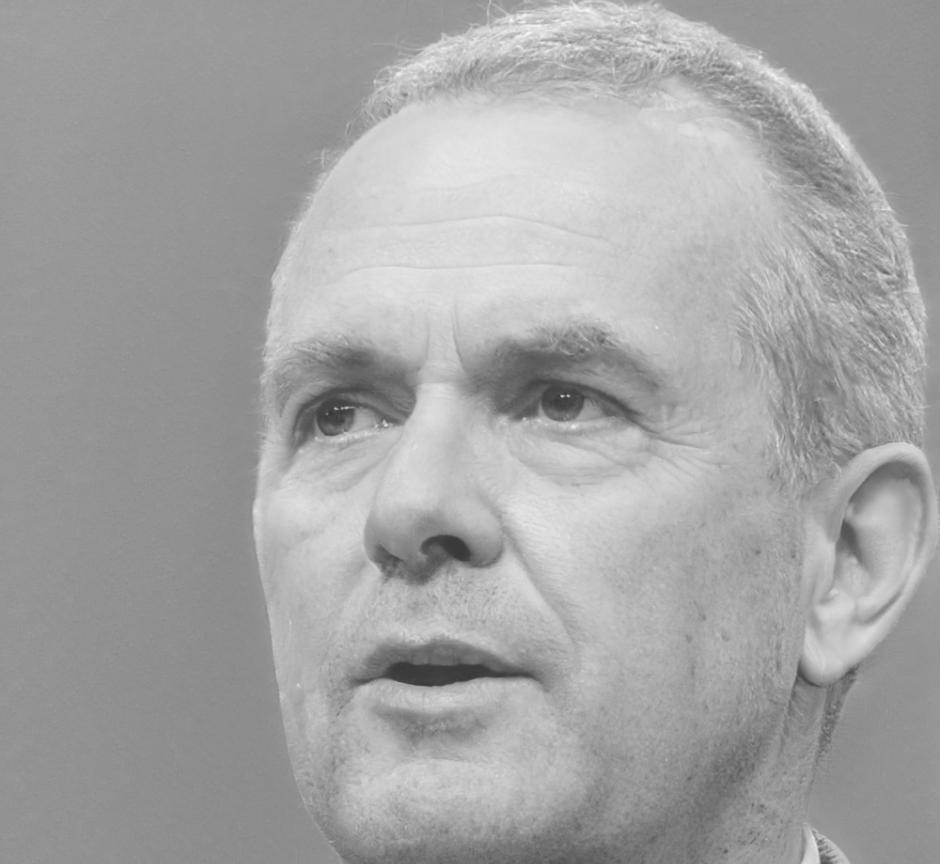Our Financial Analysis Methodology
Practical frameworks developed through real-world implementation across diverse market conditions and industry sectors
Real-World Application Framework
Our approach emerges from hands-on experience with over 200 financial analysis projects since 2019. Rather than theoretical models, we focus on what actually works when you're facing tight deadlines and incomplete data sets.
The methodology centers on three core principles: adaptability to market volatility, practical risk assessment techniques, and clear communication of complex findings to non-financial stakeholders. Each principle developed from specific challenges our analysts encountered in the field.
What makes this different? We start with the assumption that textbook scenarios rarely exist. Markets shift, data sources conflict, and stakeholder priorities change mid-analysis. Our framework addresses these realities head-on.
Implementation Case Studies
Four distinct scenarios where our methodology proved essential for accurate analysis and actionable recommendations
Manufacturing Sector Volatility
When supply chain disruptions hit a mid-sized manufacturing client in early 2024, traditional ratio analysis fell short. Our adaptive framework identified hidden liquidity risks three months before they became critical.
Tech Startup Valuation
Standard DCF models struggled with a SaaS company's irregular revenue patterns. Our methodology incorporates cohort-based analysis and customer lifetime value trends for more accurate projections.
Retail Chain Restructuring
Post-pandemic retail analysis required new approaches to location-based performance metrics. We developed store-level profitability models that accounted for changing consumer patterns.
Energy Sector Transition
A renewable energy firm needed analysis that bridged traditional energy metrics with emerging sustainability indicators. Our framework integrated ESG factors into core financial modeling.
Expert Perspectives on Practical Implementation

"The biggest challenge isn't complex calculations – it's knowing which assumptions to question when the data doesn't tell a clear story. This methodology gives you that judgment framework."
Barnaby Whitworth
Senior Financial Analyst, 12 years experience

"What I appreciate most is how it handles uncertainty. Instead of pretending we have perfect information, it builds uncertainty into the analysis itself. That's refreshingly honest."
Crispin Ashworth-Reed
Investment Advisory Specialist